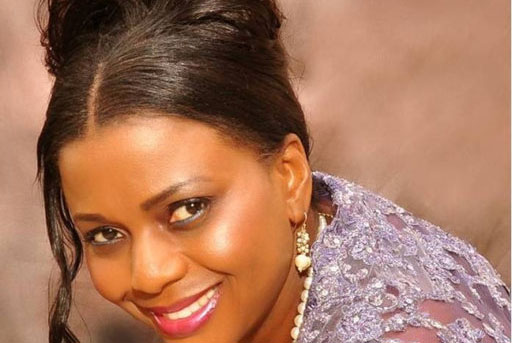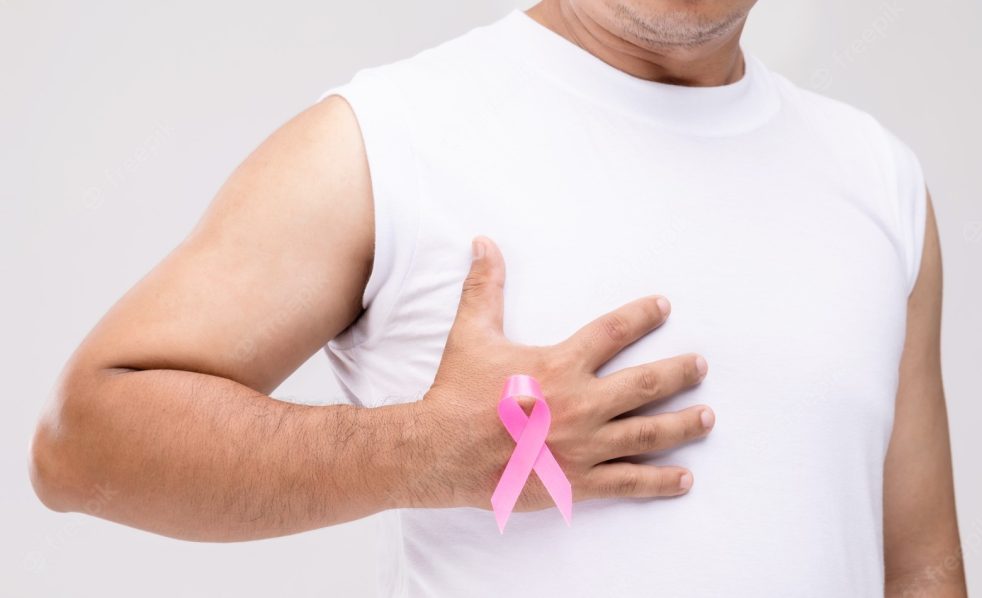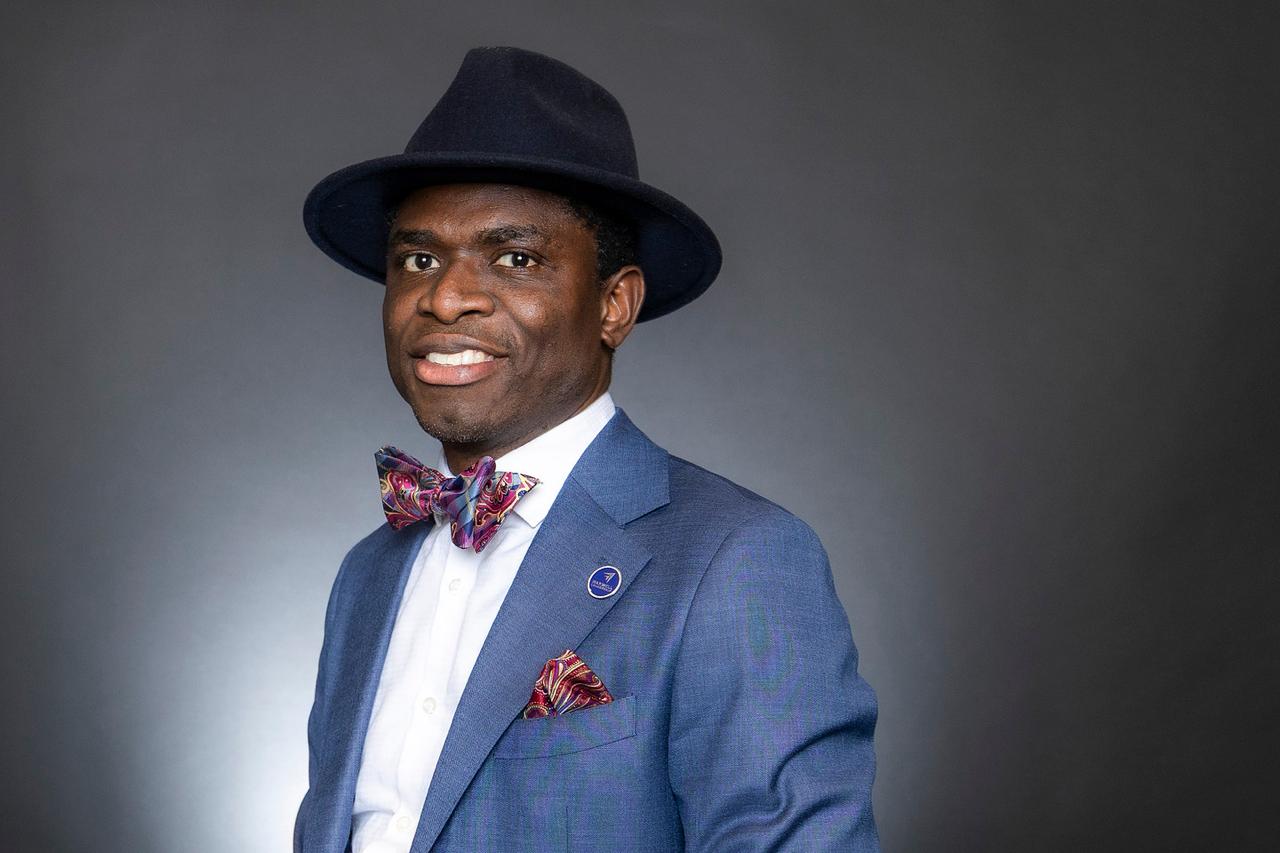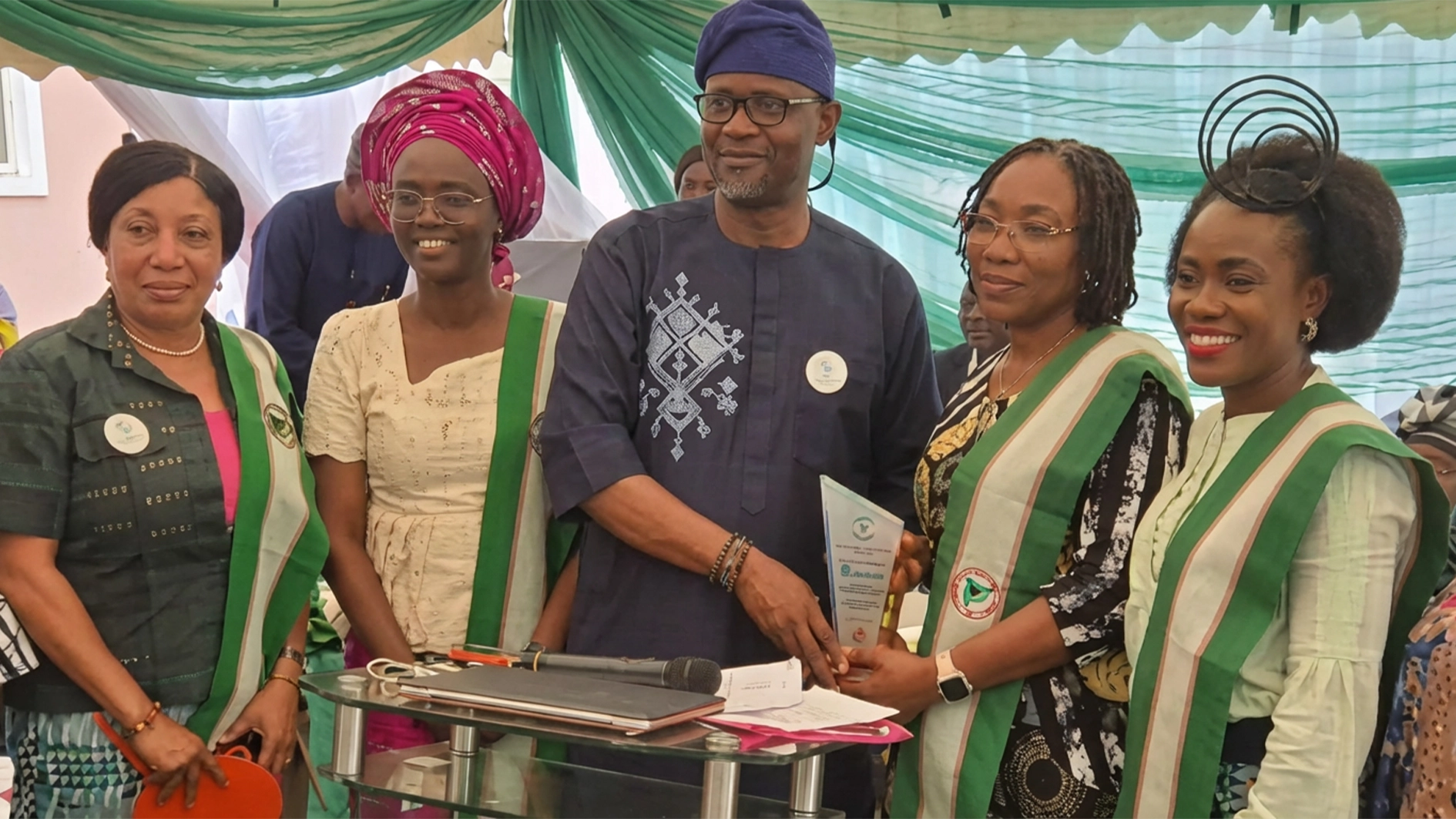
Prof. Ifeoma Okoye is an oncologist and radiologist. The cancer expert in this interview speaks on emerging issues/challenges on cancer diagnosis, treatment and care in Nigeria.CHUKWUMA MUANYA writes.
What are the latest figures on cancer in Nigeria. How many Nigerians are living with cancer today? How many Nigerians have died of cancer in 2023?
Cancer is one of the leading causes of morbidity and mortality worldwide. According to the World Health Organisation (WHO), the number of cancer patients is expected to double in the next two decades with a commensurate number of healthcare workers required to care for them.
In 2020, almost 125,000 people were diagnosed with cancer in Nigeria and almost 79,000 died from the disease. Amongst all the cancers in males and females, breast cancer tops the list. About half of women diagnosed with breast cancer die from it. Prostate cancer and cervical cancer follow closely behind! The most common childhood cancer is acute lymphoblastic leukemia (ALL)
Obviously, the best data one can find are the figures, the Nigerian Institute of Medical Research (NIMR) renowned researcher, Prof. Oliver Ezechi, presented at the just concluded International Cancer Week Session, which I chaired at Abuja.
Dr. Uche Nwokwu, Director of Clinical Services of NICRAT (National Institute of Cancer Research & Treatment), had this to say, when asked the above question, “…the answers are not available anywhere. This is why we want to conduct the National Cancer Survey and Oncology Resource Mapping”.
NICRAT launched three strategic documents at this year’s ICW: Five-year National Cancer Research Agenda; NICRAT ‘National Strategic Plan for Prevention and Control of Cancer of the Cervix in Nigeria’; and National Cancer Research Agenda (2024-2028).
These will guide next steps of obtaining accurate Nigeria-centric Cancer statistics, alongside with the ongoing plans to re-organise the Cancer Registries, praying the National Census, will also have taken place. However, 12,000 new infections of cervical cancer occur yearly In Nigeria.
Is there any improvement in terms of survival, diagnosis, and treatment?
Sequel to increased awareness of cancer across the country, improved diagnostic capacity and documentation, there has been a progressive increase in the number of cancer cases in Nigeria. The majority of these cancers are treated with chemotherapy. Other treatment options available in Nigeria include surgery and radiotherapy.
There is still a significant lack of awareness, ignorance, and few survivors, with most survivors reluctant to share their stories, due to stigma. Diagnosis is poor because of the following reasons: late diagnosis -mostly due to patient factors of; “It is not my portion syndrome”, due to denial, fear, cultural biases, spousal rejection and idiosyncrasies, and at times, due to misdiagnosis by some un-attentive doctors, not being able to pick up the diagnosis on time; and even when they do, they break the news to patients carelessly, without adequate preparation and follow up.
Concerted efforts are being made to close this gap, through the Breaking Bad News Consortium, who have since May 2023, run three workshops, to train and build capacity of patients, their caregivers, families, doctors, nurses, and other healthcare providers to operate such infrastructure as: Patient Support Groups & Patient Navigation Units, in all hospitals offering cancer care, as they believe that, like the experience of oncology management in HICs, the relationship /emotive attitudes of healthcare practitioners can be changed to be more empathic/patient and the support to patients, during their cancer Journey, strengthened through tapping into the immense power of survivorship stories/mentorship of fellow patients. This will lead to more efficient ‘Patient follow up’, information, compliance to their medical management, psycho-social support and outcomes.
How about the issue of the high cost of cancer diagnosis, treatment and care?
The Federal Ministry of Health is committed to making all forms of cancer treatment more accessible and affordable in Nigeria. This underscores the collaboration currently in place to increase access to quality cancer care services at markedly reduced cost across the country.
What is the cost of treating cancer in a week, one month and one year per patient?
Cost of treatment varies diversely depending on; tumour type, stage, if the treatment is a single or multimodal approach, the type of chemotherapy and or immunotherapy included, government or private centers, generic or branded drugs, on Cancer Access Partnership (CAP) or outside CAP.
Cancer treatment costs in Nigeria are still very expensive (just like in every part of the world) and out of reach for the average Nigerian. There is no economic level that does not find cancer treatment expensive, especially as it is always continuous, sustained for five years and then more.
For breast cancer, according to a patient (Survivor), five years ago, it cost N50,000 for one week of chemotherapy, (up to about N300,000 per month) and some other literature suggests that, especially at advanced stages, costs between N600,000 to N1.5 million per session. The cost varies depending on the type of cancer. Breast and cervical cancer are some of the most expensive to treat. Radiotherapy used to cost about N200,000-N250,000 per treatment cycle. Radiotherapy, sometimes combined with chemotherapy for cancer treatment, costs about N600,000 for all sessions. Again, this is subject to the type of cancer being treated.
A report puts initial cervical cancer treatment cost between $4,000 to $6,000. When these figures are put together, on the average, a cancer patient in Nigeria will most likely need at least N2.4 million to receive comprehensive care.
 Currently, radiotherapy at University of Nigeria Teaching Hospital (UNTH) is N1 million for breast cancer, (with the new Linear Accelerator/LINAC), but waived/free, for paediatric patients.
Currently, radiotherapy at University of Nigeria Teaching Hospital (UNTH) is N1 million for breast cancer, (with the new Linear Accelerator/LINAC), but waived/free, for paediatric patients.
How about health insurance for cancer patients to help with the out-of-pocket payment?
Cancer care costs have been referred to as a burden too heavy, even for insurance providers, because cancer care, unlike other kinds of malaise, costs far too much for it to be left to be ‘out of pocket’. Unfortunately, that is the current reality as most Nigerians pay for healthcare costs out of pocket with only three per cent of the population covered by health insurance. This is likely connected to the high fatality rate of the disease in Nigeria, due to 83-87 per cent of patients still presenting at late stages (referred to as late detection), which a report says costs an average of 72,000 Nigerians to lose their lives to cancer yearly.
So, what is the solution to this prohibitive cost of treatment for cancer?
A number of current initiatives have the capacity to change this paradigm, like the Cancer Health Fund (CHF). The CHF is a social service aimed at providing funding and health care services to indigent cancer patients.
The CHF programme is an innovative initiative of the Federal Ministry of Health that commenced in 2021, to ensure the affordability of cancer treatments for patients at treatment centres and is a key part of the nation’s efforts to achieve Universal Health Coverage (UHC). It started with six pilot hospitals- Ahmadu Bello University Teaching hospital (ABUTH) Zaria, Kaduna State; National Hospital Abuja (NHA); University of Benin Teaching Hospital, Benin (UBTH), Edo State Federal Teaching Hospital Gombe (FTH), Gombe State; University of Nigeria Teaching Hospital (UNTH), Enugu, Enugu State; and University College Hospital (UCH) Ibadan, Oyo State.
It involves a Steering Committee (of which, I am one of the steering committee members), and partners such as; American Cancer society, Roche, Pfizer, Mylan, Clinton Health Access Initiative, WWCV, BICON, EMGE resources who are mandated to implement the CHF initiative on behalf of the Federal Government.Since 2020, approximately $4 million has been allocated, and we succeeded in providing, over the past two years, comprehensive care for indigent patients with breast, prostate, and cervical cancers, in these six initial hospitals.
A second tranche of N1 billion for all cancer disease areas, and N500 million, for childhood cancers has been approved. We shall be needing every media assistance to ensure there is no delay in inclusion in the budget and release of the funds.
Also, mandatory health insurance added to increased advocacy by Civil Society Organisations (CSOs), to include more impressive subscription packages on cancer! There is also current collaboration between pharmaceutical companies such as Roche, to enable patients to get their drugs cheaper.
Also, the Drug Access Initiative or CAP. The Nigerian Ministry of Health, who is committed to make all forms of cancer treatment more accessible and affordable in Nigeria, in partnership with Pfizer, the Clinton Health Access Initiative (CHAI), American Cancer Society (ACS) and others, launched the Chemotherapy Access Partnership to deliver lifesaving chemotherapy medicines in seven teaching hospitals across Nigeria.
CAP Programme/chemotherapy access treatment programme, is aimed to provide quality medicines, which are reliable, to cancer patients, at designated cancer treatment centres. It is being operated in 14 Federal Tertiary Hospitals in the country and has available 27 anticancer medicines in 48 formulations, including targeted and hormonal therapies. It was established and launched by former Minister, Dr. Ehanire Osagie, to enable cancer patients to save up to 50 percent of the treatment costChemoSafe (National Policy on Chemotherapy Safety), is a comprehensive approach to promote the safe handling and administration of chemotherapy and quality service provision to patients in Sub-Saharan Africa.
The National Hospice and Palliative Care policy was launched on October 26, 2021, as part of its activities to mark International Cancer Week, and there is a plan to consolidate the country’s seven designated cancer centres of excellence in the near future.
Global Oncology (GO), a nonprofit organisation, partnered with the Federal Ministry of Health (FMOH) to help educate the people of Nigeria using a cartoon book that talks about the safety and efficacy of the Human Papilloma Virus (HPV) in preventing cervical cancer. The goal of this partnership is to increase vaccination in communities located in low- and middle-income countries.
Most cancer centres in Nigeria (though I don’t have the figures), now boast of ultrasound, CT Scan, but just a handful of MRI, one gamma Camera with PET CT.
Pathologists across the country are being upskilled regularly by collaborating partners, such as CaPTC, ICSBCS. Cancer Registries are currently being re-organised by NICRAT, to achieve greater efficiency. Prior to 2009 there were two population-based registries (PBCRs) in Nigeria and 10 Hospital based registries (HBCRs).
After the resuscitation of cancer registration in Nigeria by the NSCR (Nigerian National System of Cancer Registries, Federal Ministry of Health of Nigeria) in 2009, there became 10 PBCRs and 20 HBCRs, but only five of the 10 PBCRs have data of good quality to contribute to the calculations of cancer incidence and mortality.
How many functional cancer treatment centers do we have in Nigeria currently?
The Ministry is also paying particular attention towards improving access to radiotherapy services, as well as improved expertise for surgical interventions nationwide.
Functional cancer treatment centers offering teletherapy services include Lagos with three- NSIA/LUTH Cancer Centre (NLCC Lagos), Marcelle Ruth Cancer Centre Lagos and EKO hospital.
Others are: Enugu-UNTH; Ebonyi: King Umahi Teaching Hospital; Imo; Asi Ukpo Calabar; Maiduguri- UMTH; Abuja- NHA. But Kano and Sokoto are not yet functional.
NLCC, UNTH, NHA, UMTH, UCH, Asi Ukpo, UBTH, FTH Gombe and ABUTH have capabilities for brachytherapy services.
Besides the cost of drugs, what are the many other challenges cancer patients face?
One is the fear associated with the stigma that comes from identifying as a cancer survivor. The other is a fear of the unknown which is usually heightened by the paucity of funds needed to complete treatment cycles. Fear they have received a death sentence. Depression and mental disorders.
Fear for their loved ones, especially for those with young children and aged parents, who are depending on them, as well as fear of recurrence for those who have completed treatment.
Uncertainty about the late effects of treatment for some cancers, especially childhood cancers and access to prostheses for amputated body parts.
What are your recommendations to the government on how to improve cancer survival, diagnosis, treatment, and care?
Support and strengthen Research and Development (R&D), and scaling of clinical trials, in order to create confidence and investment in developing or Natural Medicines in Nigeria.
Misinformation, disinformation, and fake news are an epidemic. This can be effectively combated by amplifying survivor stories. Time and time again, it has been proven that by giving survivors, suitable platforms, their audience, which comprises cancer patients and non-cancer patients, can glean from the stories, and gain hope to forge ahead; and take practical steps that allow for early detection. Amplifying survivor stories also promotes awareness -where each member of the audience is charged to ‘each one, teach/reach one’.
Another effective strategy is sustained community engagement, especially with gatekeepers (Iya lojas, community leaders, etc); mandatory vaccinations and subscription to health insurance, equipping other geo-political zones with LINAC machines. Nigeria needs over 230 Radiotherapy Centres to serve its 250 million population… but only eight are currently functional!
As much as possible, develop central laboratories to strengthen lab services, and optimise super-skilled workforce and throughput of the high-end modalities, such as IHC (Immunohistochemistry) facilities, and systems for seamless transmission of patient records across borders.






